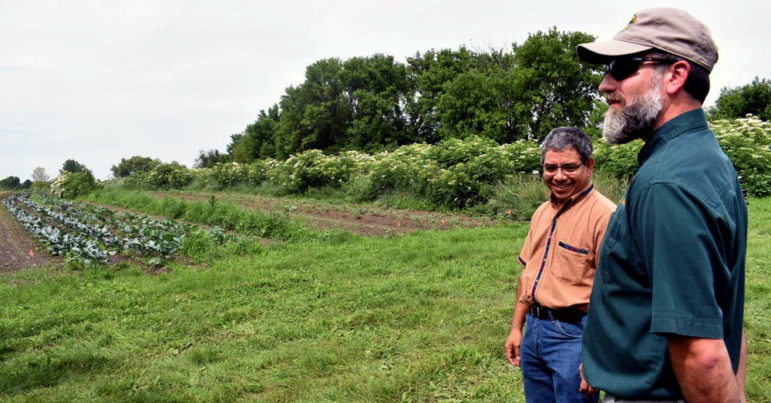Por qué emprender en turismo sostenible
Publicado: 16 de julio 2018
Autor: Martín Riverós
Publicado por: Entrepreneur
Nuevos paradigmas en el turismo abren la puerta a nuevas oportunidades de negocio. Cuidar el medio ambiente puede impactar positivamente en tu emprendimiento.
En 2016 la Organización de las Naciones Unidas (ONU) ha fijado un nuevo norte en la industria del turismo hacia el 2030, al crecimiento económico le exige un desarrollo incluyente y por sobre con foco ambiental. Este escenario abre una gran oportunidad para nuevos emprendimientos en una de las industrias más pujantes del mundo.
Según informa la Organización Mundial del Turismo (UNWTO), a diferencia de otras industrias, el turismo posee un crecimiento anual sostenido en orden del 4% al 5%, y representa el 10% del PIB mundial.
Nuevas oportunidades
En este contexto comienza a desarrollarse un nuevo mercado en torno a la sostenibilidad en el turismo. Y esto implica un nuevo tipo de consumidor que posee características particulares, un mayor nivel de conciencia por el cambio climático y por el impacto social de sus actividades.

